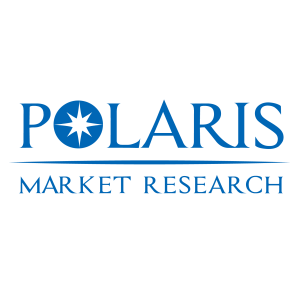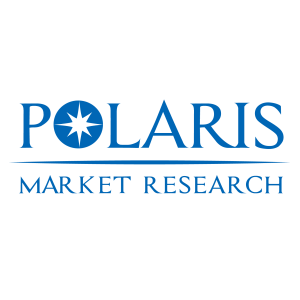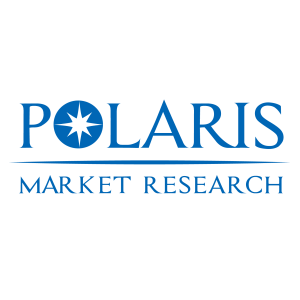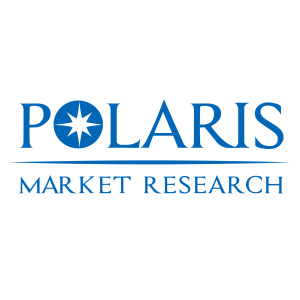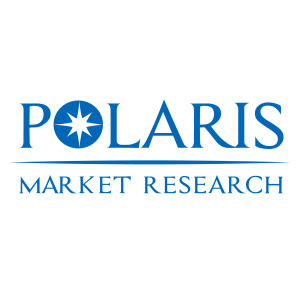The Empty Capsules Market was valued at USD 3.37 billion in 2024 and is projected to reach USD 6.44 billion by 2034, growing at a CAGR of 6.71%. Increasing adoption of dietary supplements, nutraceuticals, herbal formulations, and pharmaceutical products is driving growth. Rising consumer preference for convenient dosage forms, plant-based capsules, and safe, chemical-free solutions is further fueling demand.
Empty capsules provide a versatile platform for oral delivery of powders, liquids, and granules in pharmaceuticals and health supplements. Integration with gelatin, HPMC, and starch-based materials ensures product efficacy, stability, and safety. The rising interest in personalized nutrition, herbal therapeutics, and functional health products is expanding global adoption.
Market Overview
Empty capsules are essential for accurate dosing, easy consumption, and enhanced bioavailability of active ingredients. They are widely used in pharmaceutical, nutraceutical, herbal, and functional food applications.
Increasing prevalence of chronic diseases, growing health awareness, and rising demand for dietary supplements are key growth drivers. Capsules enable precise dosage administration and protect active ingredients from degradation.
Advancements in capsule manufacturing, encapsulation technologies, and coating solutions are improving product quality and consistency. Trends like plant-based capsules, vegan alternatives, and allergen-free formulations are attracting health-conscious consumers globally.
Market Segmentation
The empty capsules market can be segmented based on type, material, application, and region.
By Type:
- Hard Capsules: Primarily used for powders and granules; ensure accurate dosing.
- Soft Capsules: Suitable for liquids and oils; provide enhanced bioavailability.
By Material:
- Gelatin Capsules: Traditional animal-derived material, commonly used in pharmaceuticals.
- HPMC Capsules: Plant-based, vegetarian, and vegan-friendly alternatives.
- Starch-Based Capsules: Biodegradable and natural alternatives for eco-conscious consumers.
- Other Materials: Innovative biopolymers for specialized applications.
By Application:
- Pharmaceuticals: Drug encapsulation for oral delivery.
- Nutraceuticals & Dietary Supplements: Vitamins, minerals, herbal extracts, and probiotics.
- Herbal & Functional Foods: Plant-based powders, herbal extracts, and functional ingredients.
- Cosmeceuticals: Nutritional supplements for skin, hair, and beauty enhancement.
Regional Analysis
North America holds the largest share due to strong pharmaceutical and nutraceutical sectors, high health awareness, and regulatory compliance.
Europe is experiencing steady growth with rising dietary supplement consumption, adoption of plant-based capsules, and wellness trends. Germany, the UK, and France are key contributors.
Asia Pacific is expected to witness rapid growth due to increasing health consciousness, expanding pharmaceutical production, and growing adoption of dietary supplements in India, China, Japan, and Southeast Asia.
Latin America and Middle East & Africa are emerging regions with growing supplement adoption, wellness-focused lifestyles, and expanding healthcare infrastructure.
Future Outlook and Trends
The future of empty capsules is shaped by vegan and plant-based alternatives, advanced encapsulation technologies, and innovative product formulations. Rising consumer preference for herbal supplements, functional foods, personalized nutrition, and allergen-free solutions will drive market expansion.
Technological advancements in filling machinery, coating solutions, and automated production will enhance quality, efficiency, and scalability. E-commerce platforms will continue to broaden product reach and accessibility.
The focus on holistic health, convenience, and accurate dosage forms will sustain long-term growth. Regulatory support for safe, standardized dietary supplements will also contribute to market development globally.
Conclusion
Empty capsules are revolutionizing the pharmaceutical, nutraceutical, and herbal sectors by offering convenient, safe, and efficient dosage forms. Integration with plant-based materials, advanced encapsulation technologies, and personalized nutrition solutions is driving adoption worldwide. With rising health consciousness and technological innovations, empty capsules are poised for significant growth globally.
For detailed insights and forecasts, explore the full study on empty capsules.
More Trending Latest Reports By Polaris Market Research:
Stretch and Shrink Sleeve Labels Market
Medical Equipment Maintenance Market
Breathing Easy: The Bronchodilators Market Continues to Grow
Stretch and Shrink Sleeve Labels Market
Electric Construction Equipment Market
The Empty Capsules Market was valued at USD 3.37 billion in 2024 and is projected to reach USD 6.44 billion by 2034, growing at a CAGR of 6.71%. Increasing adoption of dietary supplements, nutraceuticals, herbal formulations, and pharmaceutical products is driving growth. Rising consumer preference for convenient dosage forms, plant-based capsules, and safe, chemical-free solutions is further fueling demand.
Empty capsules provide a versatile platform for oral delivery of powders, liquids, and granules in pharmaceuticals and health supplements. Integration with gelatin, HPMC, and starch-based materials ensures product efficacy, stability, and safety. The rising interest in personalized nutrition, herbal therapeutics, and functional health products is expanding global adoption.
Market Overview
Empty capsules are essential for accurate dosing, easy consumption, and enhanced bioavailability of active ingredients. They are widely used in pharmaceutical, nutraceutical, herbal, and functional food applications.
Increasing prevalence of chronic diseases, growing health awareness, and rising demand for dietary supplements are key growth drivers. Capsules enable precise dosage administration and protect active ingredients from degradation.
Advancements in capsule manufacturing, encapsulation technologies, and coating solutions are improving product quality and consistency. Trends like plant-based capsules, vegan alternatives, and allergen-free formulations are attracting health-conscious consumers globally.
Market Segmentation
The empty capsules market can be segmented based on type, material, application, and region.
By Type:
- Hard Capsules: Primarily used for powders and granules; ensure accurate dosing.
- Soft Capsules: Suitable for liquids and oils; provide enhanced bioavailability.
By Material:
- Gelatin Capsules: Traditional animal-derived material, commonly used in pharmaceuticals.
- HPMC Capsules: Plant-based, vegetarian, and vegan-friendly alternatives.
- Starch-Based Capsules: Biodegradable and natural alternatives for eco-conscious consumers.
- Other Materials: Innovative biopolymers for specialized applications.
By Application:
- Pharmaceuticals: Drug encapsulation for oral delivery.
- Nutraceuticals & Dietary Supplements: Vitamins, minerals, herbal extracts, and probiotics.
- Herbal & Functional Foods: Plant-based powders, herbal extracts, and functional ingredients.
- Cosmeceuticals: Nutritional supplements for skin, hair, and beauty enhancement.
Regional Analysis
North America holds the largest share due to strong pharmaceutical and nutraceutical sectors, high health awareness, and regulatory compliance.
Europe is experiencing steady growth with rising dietary supplement consumption, adoption of plant-based capsules, and wellness trends. Germany, the UK, and France are key contributors.
Asia Pacific is expected to witness rapid growth due to increasing health consciousness, expanding pharmaceutical production, and growing adoption of dietary supplements in India, China, Japan, and Southeast Asia.
Latin America and Middle East & Africa are emerging regions with growing supplement adoption, wellness-focused lifestyles, and expanding healthcare infrastructure.
Future Outlook and Trends
The future of empty capsules is shaped by vegan and plant-based alternatives, advanced encapsulation technologies, and innovative product formulations. Rising consumer preference for herbal supplements, functional foods, personalized nutrition, and allergen-free solutions will drive market expansion.
Technological advancements in filling machinery, coating solutions, and automated production will enhance quality, efficiency, and scalability. E-commerce platforms will continue to broaden product reach and accessibility.
The focus on holistic health, convenience, and accurate dosage forms will sustain long-term growth. Regulatory support for safe, standardized dietary supplements will also contribute to market development globally.
Conclusion
Empty capsules are revolutionizing the pharmaceutical, nutraceutical, and herbal sectors by offering convenient, safe, and efficient dosage forms. Integration with plant-based materials, advanced encapsulation technologies, and personalized nutrition solutions is driving adoption worldwide. With rising health consciousness and technological innovations, empty capsules are poised for significant growth globally.
For detailed insights and forecasts, explore the full study on empty capsules.
More Trending Latest Reports By Polaris Market Research:
Stretch and Shrink Sleeve Labels Market
Medical Equipment Maintenance Market
Breathing Easy: The Bronchodilators Market Continues to Grow

